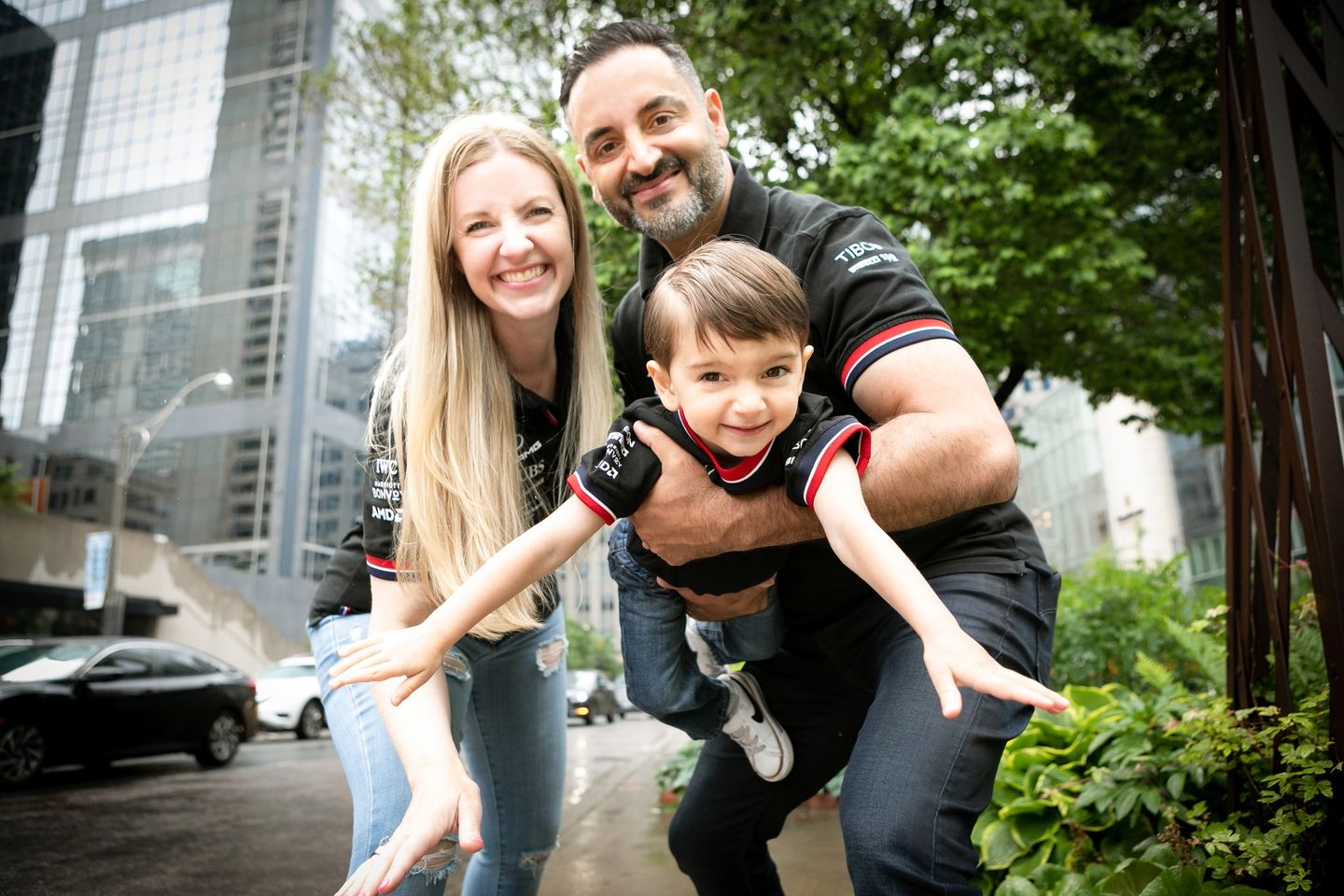
Is the Fawn Response Sabotaging Your Relationships?
Discover the most common and least understood trigger response… and how it rules your behaviour.
❓ How often do you catch yourself holding back from sharing your true thoughts out of fear that you’ll upset someone else?
❓ Would you rather concede every disagreement than risk having an argument with your partner?
❓ Do you struggle to set boundaries for yourself?
If that sounds like you, you can break the cycle with my masterclass:

January 12th 4pm PST
From People-pleasing to Powerful:
How to Stop Fawning and Start Flourishing in Relationships.

Let go of the anxiety

Start Flourishing

Stop Fawning

What is Fawning?
You’ve heard of fight, flight, and freeze. They’re the infamous, instinctive reactions to stress, fear, and trauma.
But there’s another stress response that’s more common than the first three put together. And it’s the least-known of them all.
It’s called the Fawn Response, or “Fawning.”
Fawning is characterized by excessive people-pleasing. If you’ve ever over-apologized, or backed down to avoid an argument, been overly accommodating at the expense of your self-interest, or openly chastised yourself to prevent criticism from someone else, you’ve Fawned.
At its core, the Fawn Response is a deep discomfort with the idea of people being upset or angry with you.
Everybody Fawns every once in a while. Most of us Fawn every day. Some people Fawn so constantly as a lifestyle that they consider it to be their personality.
And this is the reason so few people recognize the Fawn Response for what it is. So many people grow up watching their parents Fawn that they believe it’s normal. People are taught that doing anything to avoid conflict is just basic “manners.”
Why Fawning is More Destructive than You Think
It’s easy to believe the Fawn Response is normal and even harmless. After all, what’s so bad about keeping people happy?
The key difference between Fawning and just being polite is this: Having someone feel seen and heard is polite and a great demonstration of empathy: “Hey, thank you, I appreciate your efforts.”
Fawning is rooted in a fear of what might happen, and what other people might think or do, if you share your authentic thoughts and feelings. There is an experience of constriction held in the body when we fawn. Living in that state of constant threat can have dire physical and psychological implications.
People who spend their lives Fawning experience long-term consequences, including:
😢 Self-abandonment. Fawning is the sacrifice of our own needs and desires for the sake of others. When you consistently abandon your own needs, you lose your sense of self.
😠 Resentment and bitterness. Every time you Fawn, you’re suppressing your own anger and frustration. And when we can’t express those feelings openly, we turn them inward towards ourselves.
😡 Angry outbursts. Most people who Fawn find themselves inevitably reaching a boiling point. This often manifests as a sudden lashing out, and is usually an extreme overreaction to an innocuous situation.
😢 Anxiety and depression. If you’re living with the fear of being rejected, chastised, and hated by the people around you, you can’t bury those feelings forever. If you don’t find a way to express yourself and set boundaries, your state of constant stress can lead to severe psychological disorders.
😟 Social isolation. People who constantly struggle with the Fawn Response find that the only way to feel truly comfortable and anxiety-free is to avoid social situations altogether.
😢 Physiological conditions. It’s crucial to understand Fawning as a rejection of what the body is telling you. When you force your body to internalize and compound that stress, it leads to physical constriction and inflammation. In the long term, this can result in autoimmune, digestive, thyroid, and reproductive disorders.

Stop Fawning
How You Can Break the Cycle by Attending my Masterclass
From People-pleasing to Powerful:
How to Stop Fawning and Start Flourishing in Relationships
By attending my $25 masterclass, you’ll leave with the ability to:

People-pleasing to Powerful
✔ Acknowledge the blind spots that cause the Fawn Response.
✔ Discern the difference between Fawning behavior and appropriate people-pleasing.
✔ Recognize when you and others are Fawning.
✔ Stop Fawning in its tracks.
✔ Set and maintain boundaries for yourself.

With these tools at your disposal, you can finally reap the benefits of sharing your desires and boundaries. When people learn to stop Fawning, they often feel empowered to:

People-pleasing to Powerful
✔ Command a higher salary in their career.
✔ Deal with conflict calmly and confidently, instead of avoiding or lashing out.
✔ Let go of the anxiety, depression, and resentment that comes with Fawning.
✔ Engage in authentic, secure relationships with their friends and loved ones.
✔ Feel comfortable engaging in disagreements with others, instead of fearful.
Don’t let Fawning rule your life any longer.
From People-pleasing to Powerful:
How to Stop Fawning and Start Flourishing in Relationships

About Dr. Nima Rahmany
Retired Chiropractor
Interpersonal Healing Trauma Specialist
“There is an emotional component to chronic illness. These emotions are based mostly on our perceptions of traumatic events. The stories of victimhood might have served us for a time, but they cripple our ability to heal in the now.”
Dr. Nima Rahmany















